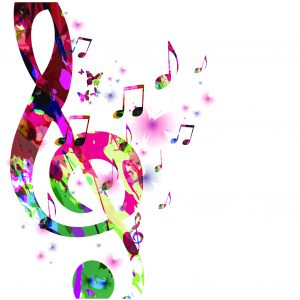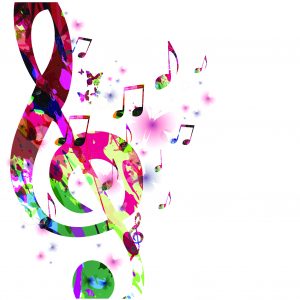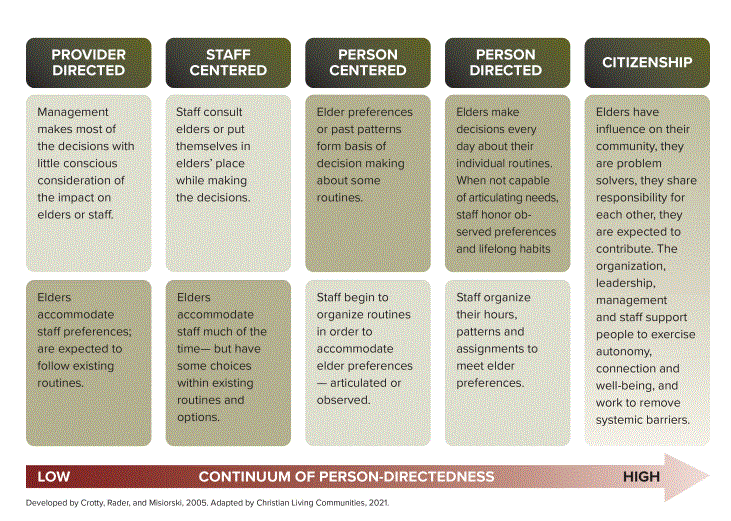The Transformative Power of Music in Ageing Care

 By Sue Silcox, AGE-u-cate® Training Institute, Australia
By Sue Silcox, AGE-u-cate® Training Institute, Australia
Does anyone remember the banning of public music in Iran? Back in 1979 Ayatollah Rubollah Khomeini banned all music from radio and television in Iran. He likened it to opium and said it “stupefies persons listening to it and makes their brain inactive and frivolous.” (New York Times, 1979).
I remember it happening and being horrified by the ban. Every culture has music and it has always been such a blessing for me. From the first music I heard my parents play, the first record I ever bought (Cathy’s Clown, The Everly Brothers) to using Spotify now when I take Ageless Grace® classes locally, I am thankful for what it brings me.
How amazing that a study in 2001 from Leicester University, UK, found that babies recognise the music they heard in the womb even twelve months later. In this study, mothers played a single piece of music repeatedly during the third trimester. A year after birth, the infants recognised and turned towards that sound, preferring it to a similar sounding piece of music, even though they had not heard the music in the interim. Music certainly has power!
I’m one of the first baby boomers so I’ve had the pleasure of listening and moving through music styles such as pop, rock and roll, country music and jive, twist just for a start. I also have the remembrance of swing and big band as my parents would dance together or get us to dance with them. Many a tune brings a memory of the old HMV turntable my aunt had. She would play her favourite artist, in particular Nat King Cole and I wonder how many of my preferences have been influenced by those early sounds.
For me, to be without music as I age would be like living in the dark ages. Although I like to move my body to contemporary music I also find myself emotionally transported as I listen to music I love. A 2017 study found that physical exercise done to music showed greater increase in cognitive function than just exercise alone, and may be of benefit in delaying age-related cognitive decline. It also makes changes to the brain structure. My love and use of music and exercise seems to be validated! Music should be also be considered a drug therapy, providing benefits linked to reward, motivation and pleasure. (Howland, R. H, 2016).
In Australia the Arts Health Institute brought a music and memory program to aged care, now overtaken by the music enrichment program, “Music Remembers Me” in aged care. Perhaps we also need to encourage movement during the music enrichment program.
Whether music is enjoyed on its own or shared, it can be an intensely special time for the listener. Now it seems the joy of the music can provide considerable benefit to our ageing and dementia communities.
Sue Silcox leads AGE-u-cate® Training Institute, Australia and is a Certified Master Trainer for Dementia Live®, Compassionate Touch®, and other AGE-u-cate programs. She lives in Brisbane, Queensland. She may be contacted at sue.silcox@ageucate.com
References:
Kifner, J. 1979. Khomeini Bans Broadcast Music, Saying It Corrupts Iranian Youth. New York Times. Retrieved from https://www.nytimes.com/1979/07/24/archives/khomeini-bans-broadcast-music-saying-it-corrupts-iranian-youth.html
BBC News, July 2011. Babies remember womb music. Retrieved from http://news.bbc.co.uk/2/hi/health/1432495.stm
Ken-ichi et al. (2017). Physical Exercise with Music Reduces Gray and White Matter Loss in the Frontal Cortex of Elderly People: The Mihama-Kiho Scan Project. Frontiers In Aging Neuroscience, Vol 9 (2017), doi:10.3389/fnagi.2017.00174/full
Howland, R. H. (2016). Hey Mister Tambourine Man, Play a Drug for Me. Journal Of Psychosocial Nursing & Mental Health Services, 54(12), 23-27. doi:10.3928/02793695-20161208-05


.jpg)